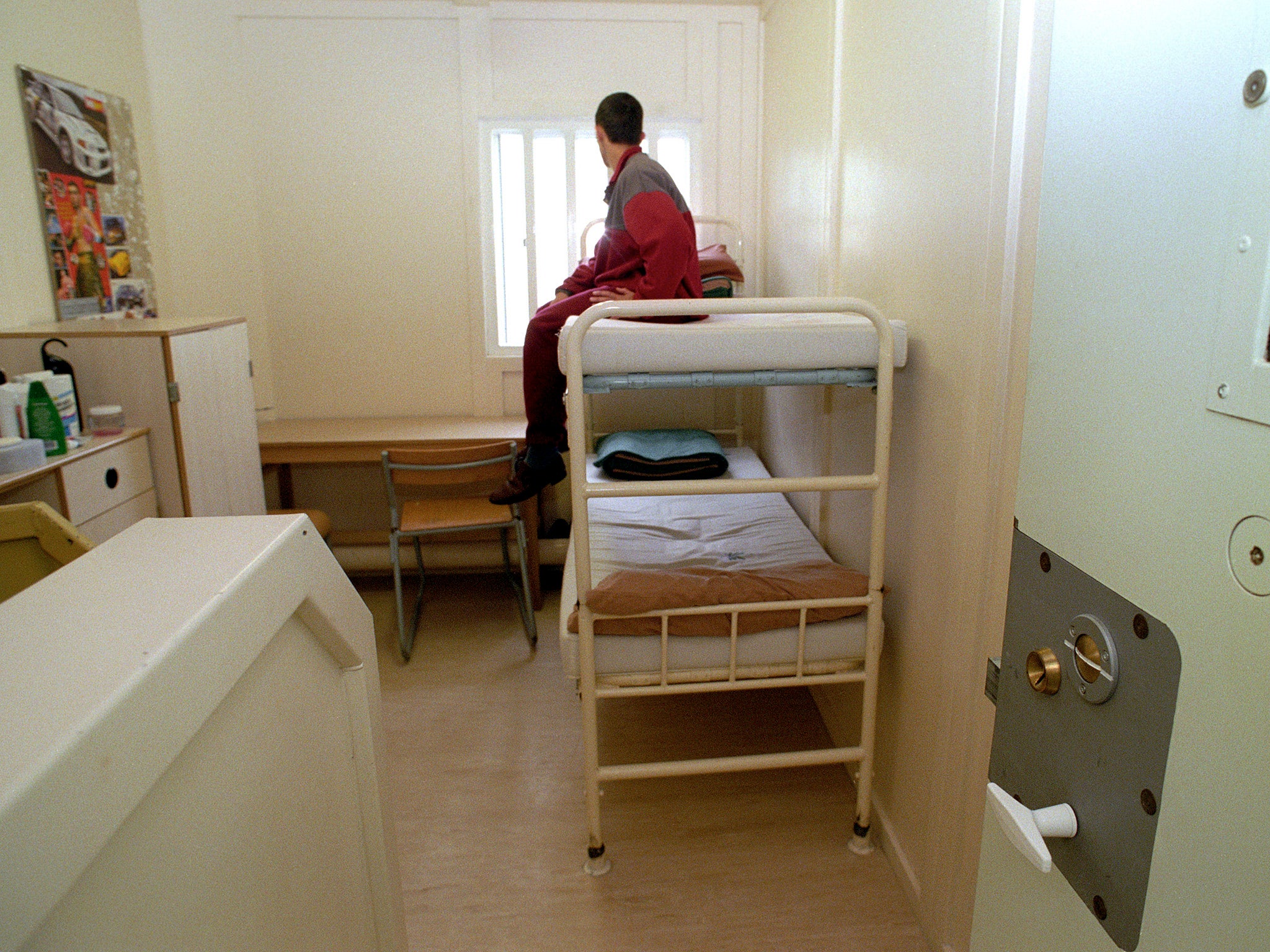Britain's prisons aren't working for anyone
The news that not a single youth offender institution now counts as completely safe should be alarming to us all

Even by the depressed standards of the British prisons estate, the revelation that there is not a single young offenders’ institution that can be counted “safe” by the official watchdog is a worrying and shocking one. HM Inspectorate of Prisons tells us of a “dramatic decline” in standards – which were never that high – and a “staggering” 27 per cent leap in violent incidents in a year.
The reasons are as easy to find as contraband in one of our jails. The prevalence of drugs is one obvious factor, with new “legal highs” wreaking unprecedented damage on inmates and their warders.
Drones are increasingly being used to smuggle narcotics into jails. Overcrowding is another reason for so many becoming ever more violent, and the cuts in the number of prison officers are a further reason for the crisis. As with some other public services, it is now apparent that the years of public sector austerity, whether necessary or not, have left a legacy of low morale and crumbling infrastructure. Put simply, Britain enjoys locking too many people up for too long in too small a space and with too little training and supervision. Rehabilitation seems to be virtually nowhere on the prison agenda. And the food is as bad as ever.
The immediate consequences are more fights, more suicides, more mental illness and more self-harm. Longer-term, brutalising men and women in what are basically universities of crime will simply lead to even more reoffending and more misery inflicted on wider society. The drift towards becoming a career criminal will start earlier if youth jails are as bad as the authorities admit them to be; so decades and decades of menace to society will follow.
Leaving aside any questions of humanity or civilisation, the economics of prisons are not working. A relatively small investment in training and rehabilitation, in prison officer numbers and in the buildings would yield a much larger dividend for a society freed from the costs, human and financial, of people who devote their lives to hurting their neighbours. Society, in other words, would be less liable to being punished through assaults, burglaries, muggings and all the rest by those it thinks it has punished.
Best of all, we should encourage judges and magistrates to think again about long custodial sentencing – for the simple reason that it is counterproductive. We cannot build prisons fast enough to keep up with the public’s appetite for retribution. It is a lesson that most governments have to learn sooner or later.
“Prison works” was one of the more unlovely political slogans coined in recent decades – by the cynical Michael Howard when Home Secretary in the 1990s – and, even if it was ever true, it is plainly not the case now. Britain’s prisons aren’t working for anyone, and least of all for children who end up condemned to look to crime for their living.
Join our commenting forum
Join thought-provoking conversations, follow other Independent readers and see their replies
Comments
Bookmark popover
Removed from bookmarks